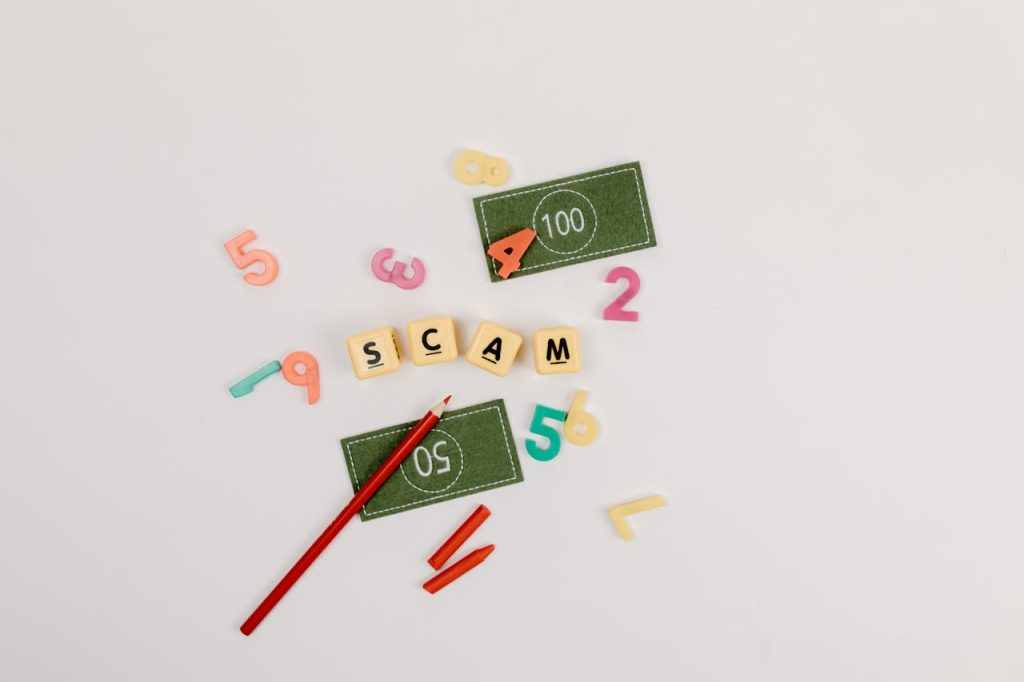
When it comes to your hard-earned money, vigilance is your best defense. Financial scams are everywhere, and even the savviest investors can fall victim if they’re not careful. With scammers getting more sophisticated every year, it’s crucial to recognize the warning signs before you hand over your cash or personal information. Whether you’re considering a new investment, responding to an email, or just browsing online, knowing what to look for can save you from a world of regret. Here are seven financial red flags that scream “SCAM ALERT!”—and how you can protect yourself from falling into a trap.
1. Promises of Guaranteed High Returns
If someone promises you sky-high returns with zero risk, it’s time to walk away. No legitimate investment can guarantee huge profits without any chance of loss. Financial scams often lure victims by dangling the prospect of easy money, but the reality is that all investments carry some risk. If it sounds too good to be true, it probably is. Always research the investment and the person or company offering it. The U.S. Securities and Exchange Commission (SEC) warns that guaranteed returns are a classic sign of fraud.
2. Pressure to Act Immediately
Scammers thrive on urgency. If you’re told you must “act now” or risk missing out, take a step back. High-pressure tactics are designed to prevent you from thinking things through or doing your own research. Legitimate financial opportunities will give you time to consider your options and consult with trusted advisors. Don’t let anyone rush you into making a decision about your money. Remember, financial scams often rely on panic and haste to succeed.
3. Requests for Personal or Financial Information
Be wary of anyone who asks for sensitive information up front, especially if you didn’t initiate the contact. Scammers may pose as banks, government agencies, or investment firms to trick you into revealing your Social Security number, bank account details, or passwords. Never share personal or financial information unless you’re certain of the recipient’s identity and legitimacy. The Federal Trade Commission (FTC) provides guidance on how to spot and avoid phishing scams.
4. Unregistered or Unlicensed Sellers
Before investing, always check if the person or company is registered with the appropriate regulatory body. Financial scams often involve unregistered individuals or firms who operate outside the law. You can verify registration through the SEC’s Investment Adviser Public Disclosure website or your state’s securities regulator. If you can’t find any record of the seller, that’s a major red flag. Don’t be afraid to ask for credentials and do your homework.
5. Vague or Complicated Explanations
If you can’t understand how an investment works or the explanation is full of jargon and confusion, proceed with caution. Scammers often use complexity to hide the truth and discourage questions. A legitimate investment should be clear and straightforward. If you feel lost or pressured to “just trust them,” it’s time to walk away. Financial scams thrive in the shadows of confusion and ambiguity.
6. Unsolicited Offers
Receiving an unexpected call, email, or message about a “can’t-miss” financial opportunity is a classic setup for financial scams. Scammers often use cold calls, social media, or even text messages to reach potential victims. If you didn’t seek out the opportunity, be extra cautious. Verify the sender’s identity and never click on suspicious links or attachments. Unsolicited offers are rarely legitimate and often lead to trouble.
7. Stories of Secret or Insider Information
Be skeptical of anyone who claims to have exclusive access to secret deals or insider information. Financial scams often involve promises of special knowledge that will give you an edge over other investors. Not only is trading on insider information illegal, but it’s also a common tactic used to lure victims into fraudulent schemes. If someone claims they have a “sure thing” that nobody else knows about, it’s almost certainly a scam.
Stay Sharp: Protecting Yourself from Financial Scams
Spotting financial scams isn’t always easy, but staying alert to these red flags can make all the difference. Trust your instincts—if something feels off, it probably is. Take your time, do your research, and never let anyone pressure you into making financial decisions on the spot. Remember, your financial security is worth more than any promise of quick riches. By staying informed and cautious, you can keep your money safe and avoid becoming another victim of financial scams.
Have you ever encountered a financial scam or a suspicious offer? Share your story or tips in the comments below!
Read More
The Definition of Irony (or Why You Should Know What You’re Doing)
Stop Reading About Last Year’s Top Ten Mutual Funds
The post 7 Financial Red Flags That Scream “SCAM ALERT!” appeared first on The Free Financial Advisor.







